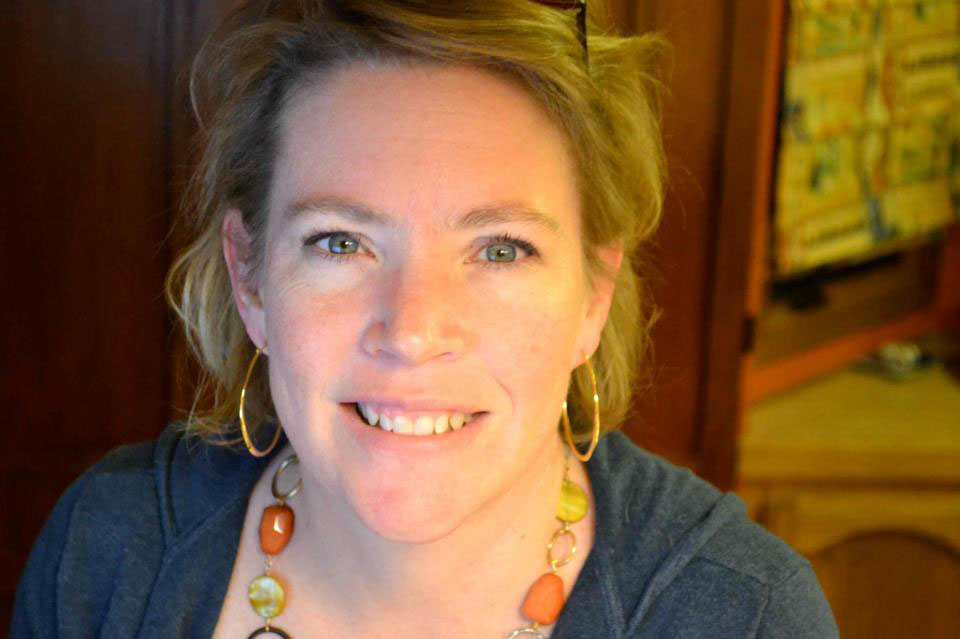September is National Suicide Prevention and Awareness Month, a time to acknowledge those affected by suicide, raise awareness, reduce stigma and connect individuals with suicidal ideation to treatment services.
My thoughts this month have been with Idaho youth in particular, a population for whom the Centers for Disease Control says suicide is the third-leading cause of death.
Idaho Kids Count data shows that the situation is worsening for Idaho children. While the report shows children fare well in terms of economic well-being, family and community factors, there has been frustratingly little progress in the last decade to improve children’s mental health. This is having a very real impact. Increasing numbers of Idaho children ages 3 to 17 had anxiety or depression between 2016 and 2020, and nearly 10% of Idaho high school students overall and 13% of Latino high school students attempted suicide in 2019.
A call to increase education and resources for Idaho youth
Idaho’s chapter of the National Alliance of Mental Illness stands with the Idaho Voices for Children, the Kids Count partner in Idaho, in urging policymakers to address the mental health needs of children in Idaho by:
- Prioritizing meeting kids’ basic needs. Youth who grow up in poverty are two to three times more likely to develop mental health conditions than their peers.
- Ensuring every child has access to the mental health care they need, when and where they need it. In addition to increasing the presence of social workers, psychologists and other mental health professionals on staff and striving to meet the 250-to-1 ratio of students to counselors recommended by the American School Counselor Association, NAMI of Idaho can offer support with peer lead support groups and suicide prevention training.
- Bolstering mental health care that considers young people’s experiences and identities. It should be trauma-informed — designed to promote a child’s healing and emotional security — and culturally relevant to the child’s life.
At home, know the warning signs to help someone close to you
Is a young person in your life at risk? Teens who are experiencing a crisis, such as the death of a loved one, the end of a relationship, bullying, financial instability, or suicide in their school or friend group, are at increased risk of depression and, by extension, possibly suicidal ideation.
If you worry a loved one of any age may be at risk, don’t be afraid to ask them how they feel, if something is wrong or share with them that you have noticed they are not their usual self. Then listen without judgment. Watch for signs of indifference, prolonged sadness, and a sudden desire to give away prized possessions.
Take every statement about suicide seriously and don’t dismiss such language as “teenage drama.” Respond with empathy and seek professional help right away. Above all, never underestimate the value of your presence when any loved one needs support.
If you or someone you know is experiencing a mental health, suicide or substance-use crisis or emotional distress, reach out 24/7 to the Idaho Crisis and Suicide by dialing or texting 988. You can call for yourself or someone you care about.

